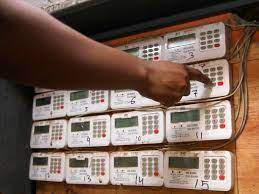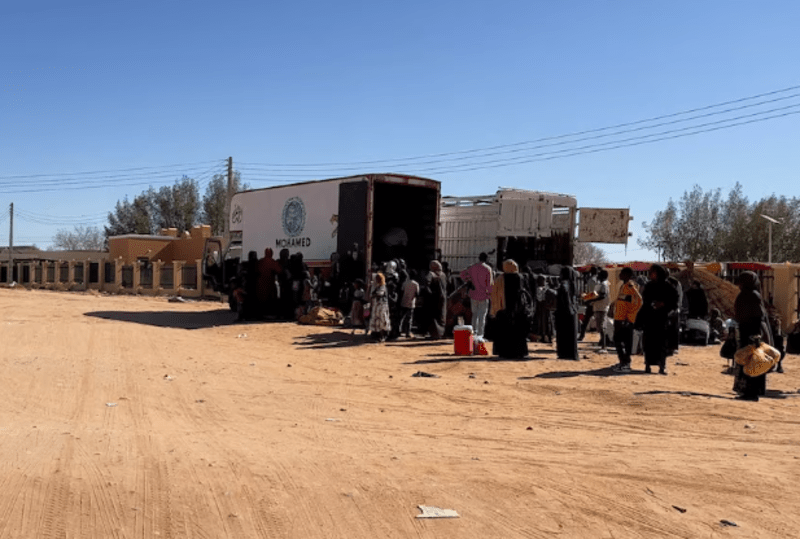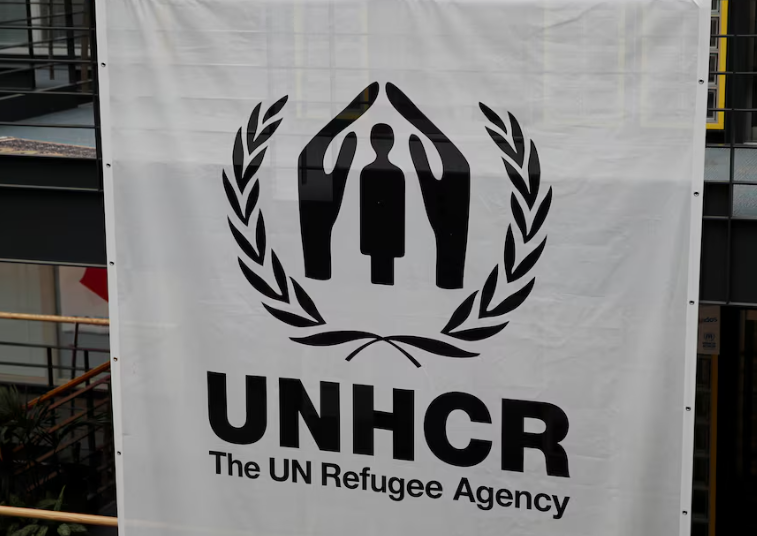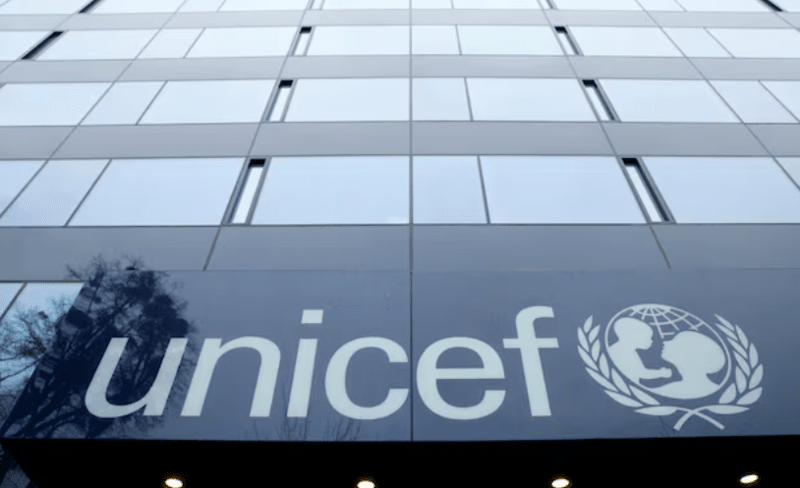Kenya’s poor hit with 17.3 per cent power price surge

By Ibrahim Omar |
The increase in power prices is a blow, especially for poor Kenyans struggling to keep up with the high cost of living.
Kenya’s poor citizens will pay about 17.3 per cent more for electricity this month in what is set to further increase the burden of the rising cost of living.
Specially subsidised prices —known as the lifeline tariff —were created to help low-income earners afford electricity. Any customer who consumes less than an average of 30 units of electricity per month enjoys the tariff.
This is mainly true for customers in low-income urban regions and rural areas who use electricity sparingly for activities such as lighting and charging devices.
Keep reading
In January, however, electricity prices were increased by the Energy and Petroleum Regulatory Authority (EPRA), which adjusts power prices monthly.
In the latest review, the cost of electricity for low-income earners has increased to about Sh27 per unit, up from the lower price of Sh23 per unit that was in place last month.
In the review, Epra raised the energy charge — a pass-through charge — by 8.7 per cent to Sh4.33 per unit, up from Sh3.98 last month.
The energy charge is collected by Kenya Power on behalf of thermal power generators to cover their fuel costs. Off-grid power stations that serve far-flung areas that are not connected to the grid also receive support.
EPRA also increased the foreign exchange rate fluctuation adjustment (FERFA) charge by 103.7 per cent to a record Sh6.46 per unit, up Sh3.17 set in last month’s review.
Prepaid customers already experience the impact of higher power prices when they recharge their tokens while postpaid customers will get to see the price changes once they get their bills for the month.
The increase in power prices is a blow, especially for poor Kenyans struggling to keep up with the high cost of living.
This comes as the cost of basic commodities such as food, fuel and services such as transport, education, and health continue to rise. In addition, salaried Kenyans are dealing with increased payslip deductions, including the enhanced deductions for the National Social Security Fund (NSSF) deductions.
Also in the pipeline are higher contributions for the Social Health Insurance Fund (SHIF), which is due to replace the National Hospital Insurance Fund (NHIF). Workers will be required to pay 2.75 per cent of their salaries for the new health fund.
There was also the housing levy but the Court of Appeal has ordered the government to pause deductions until cases filed against the programme are determined.
Inflation, a measure of changes in prices of select goods and services over time, stood at 6.6 per cent in September, according to data from the Kenya National Bureau of Statistics (KNBS).
This means that, on average, the cost of some 330 products tracked by the KNBS to measure inflation was 6.6 per cent higher in December 2023 compared to December 2022.
“This was mainly driven by increases in prices of commodities under transport (11.7 per cent); housing, water, electricity, gas, and other fuels (8.3 per cent); and food and non-alcoholic beverages (7.7 per cent) between December 2022 and December 2023,” said KNBS.



















